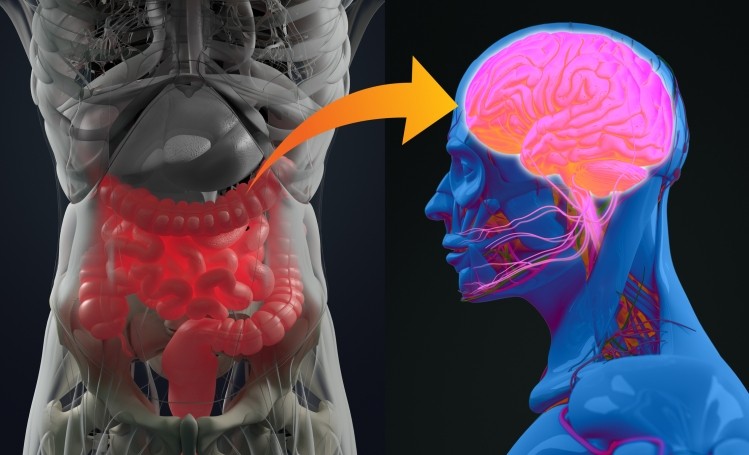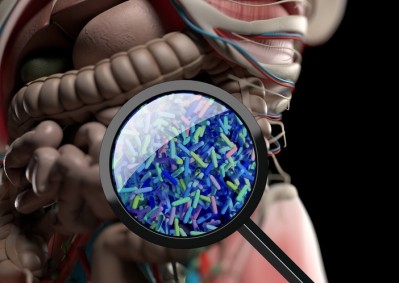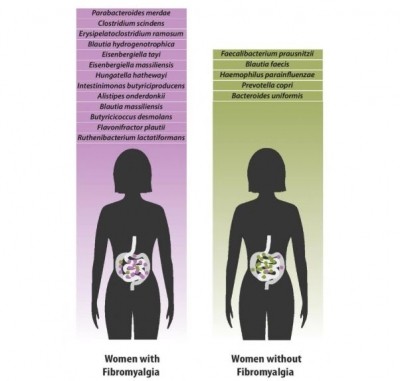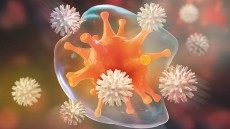Editor's Spotlight
Is our personality linked to our gut microbes?

Scientists in the FinnBrain research project of the University of Turku studied 303 infants and found that different temperament traits are connected with individual microbe genera, microbial diversity and different microbe clusters.
It is the first to be conducted on infants so young or on such a large scale, and is is the first demonstrating associations, but not causal connections, between our gut microbes and temperament in young infants in a prospective design. This might indicate that there is activity on the gut-brain axis already in infancy.
Method
The study population (n = 301, 53% boys) was drawn from the FinnBrain Birth Cohort Study. Stool samples were collected from the 2.5-month-old infants and sequenced with 16S Illumina MiSeq platform.
Covariates included in the analysis were sex (when analyzing overall sample), the mode of delivery, gestational age, infant age during sampling, antibiotic treatments and breastfeeding at 2.5 months of age.
GMC taxonomic composition (at Genus and OTU level), observed sample clusters, diversity and richness were investigated in relation to the maternal reports of Infant Behaviour Questionnaire -Revised (IBQ-R) at the age of six months.
The IBQ-R is a valid measure for infant temperament evaluation consisting of 91 questions, Mothers are asked to assess their infant’s behaviour based on the past two weeks with questions relating to three main dimensions: negative emotionality, regulation/orienting and surgency/positive emotionality.
Results
Three sample clusters (Bifidobacterium/Enterobacteriaceae, Bacteroides, V. Dispar) were identified.
The IBQ-R dimension surgency (positive emotionality) was associated positively both with genus Bifidobacterium and Streptococcus. Alpha diversity had a negative association with negative emotionality and fear reactivity.
The results suggest greater diversity in gut bacteria is connected to lesser negative emotionality and fear reactivity.
The report states that findings are interesting as strong fear reaction and negative emotionality can be connected to depression risk later in life. However, the association with later diseases is not straightforward and they are also dependent on the environment.
Doctoral candidate and lead author Dr. Anna Aatsinki said:"It was interesting that, for example, the Bifidobacterium genus including several lactic acid bacteria was associated with higher positive emotions in infants. Positive emotionality is the tendency to experience and express happiness and delight, and it can also be a sign of an extrovert personality later in life."
"Although we discovered connections between diversity and temperament traits, it is not certain whether early microbial diversity affects disease risk later in life. It is also unclear what are the exact mechanisms behind the association," adds Aatsinki.
"This is why we need follow-up studies as well as a closer examination of metabolites produced by the microbes.
Background
Recent studies indicate that the gut microbes play essential roles in the neurodevelopment and control of behaviour (Rogers et al., 2016, Sampson and Mazmanian, 2015).
Gut microbiota is capable of communicating with the central nervous system via the vagal nerve (Bravo et al., 2011), and both the cytokine (Dantzer et al., 2000, van Dam et al., 1992, Xu et al., 2016) and neurotransmitter (O’Mahony et al., 2015) production and thus, potentially participates in behavioural regulation.
Source: Brain, Behaviour, and Immunity
Aatsinki. A.K., et al
“Gut microbiota composition is associated with temperament traits in infants”















